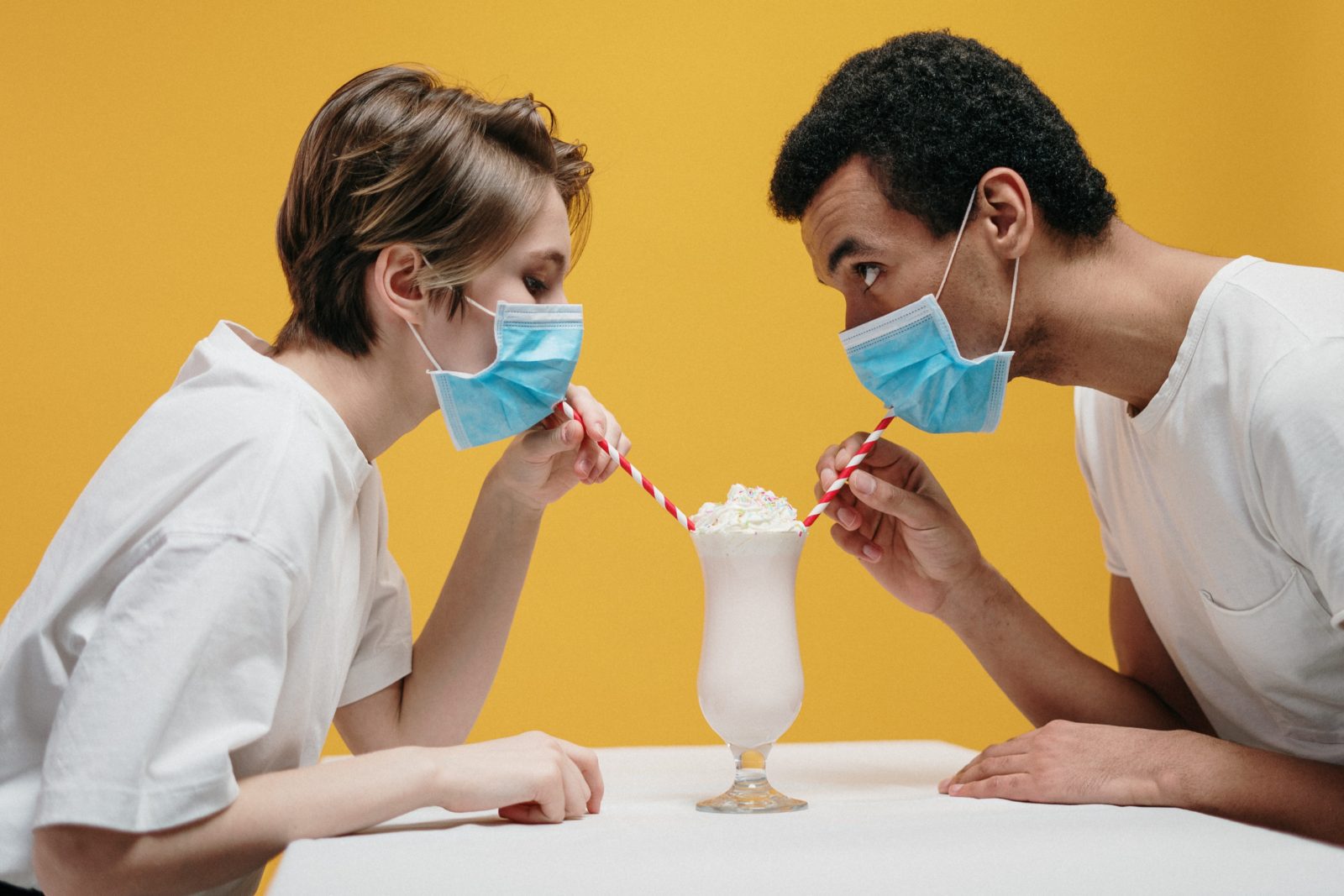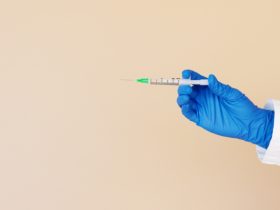How long does coronavirus immunity last? According to recent research, the protection time could be greatly extended. Coronavirus immunity must be maintained for at least a year, and in certain cases, for the rest of one’s life. According to research published in the journal “Nature,” immunity develops with time, especially after being vaccinated.
Memory cells responsible for immunological memory survive in the bone marrow and can manufacture antibodies when needed, according to the expert group behind the first published study. Memory B cells proliferate quickly and release huge amounts of antibodies during the first coronavirus infection. A small number of cells are deposited in the bone marrow after an acute infection and continue to generate antibodies. Memory B cells persist in the bone marrow even when the number of antibodies in the blood diminishes.
Carsten Watzl, general secretary of the German Society for Immunology, expects vaccination to have an even better, possibly long-term, protective effect when a vaccinated person has higher antibody levels than when a person becomes naturally infected. At the same time, Watzl does not believe that people should get vaccination every year, as is the case with the flu. In his opinion, vaccination can be repeated at intervals of several years.










Leave a Reply